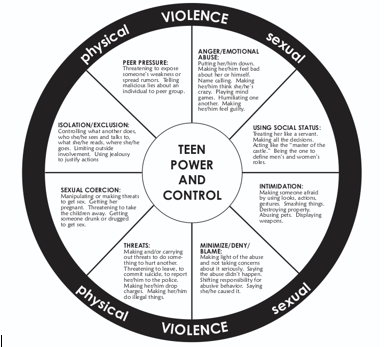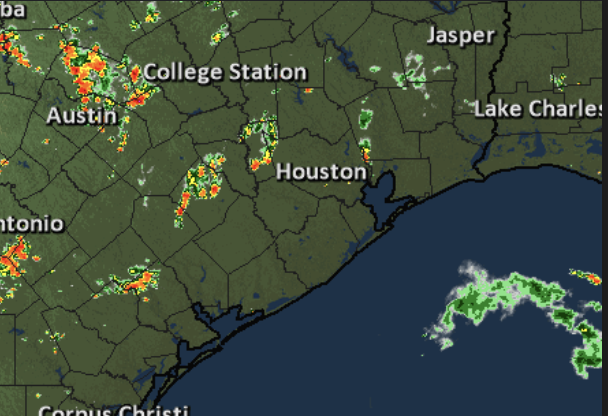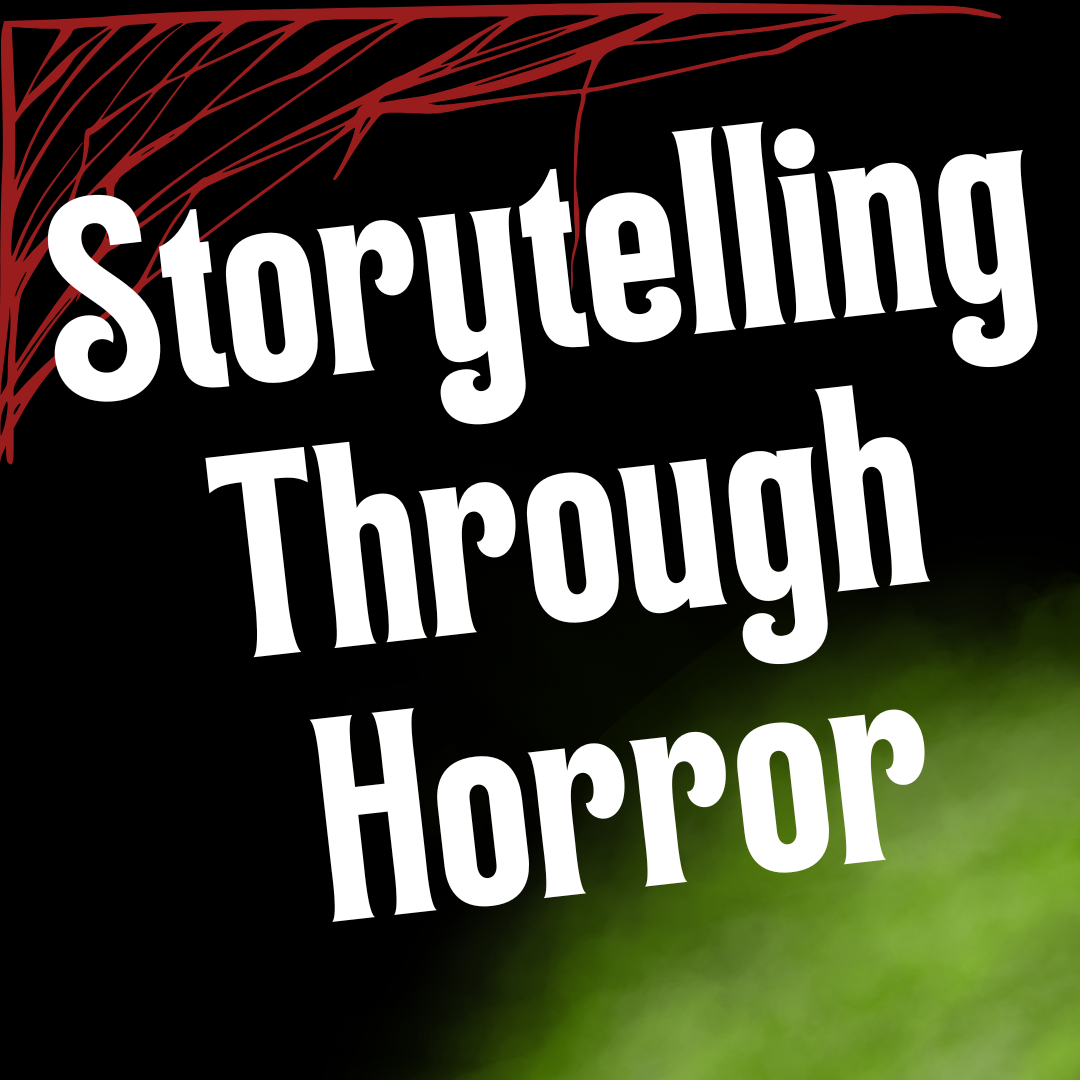Toxic relationships have become a dangerous and growing trend that seems to only get worse by getting teenagers involved. 94% of girls, ages 16-19, have become victims of an abusive relationship with their partner.
Melissa Prentice, a worker for the Bay Area Turning Point Shelter, came to Clear Springs and presented a Teen Dating Violence seminar at the Women’s Empowerment Club meeting for its club members. Prentice gave attention to the growing problem at hand, what to look out for, and all the impacts of an abusive partner. “A lot of teens see their favorite celebrities and TV shows making toxicity the trend.” To avoid and decrease the trend of these toxic relationships Prentice advises, “Challenge toxic behaviors, Change the ‘trend’ to healthy relationships, on social media, don’t view or comment. The algorithms don’t determine negative or positive feedback, they process interaction in general. And normalize processing and healing from trauma not turning trauma into a trend.” She states this is a much bigger issue that needs to be handled on a societal level.
There are many misconceptions of what an abusive relationship means. A myth that Melissa shares, “It’s always physical,” she states, “Domestic violence is all about maintaining power and control over another. There are numerous methods used to gain control over someone that are not physical.” Methods that include emotional abuse, using social status, intimidation, minimize/deny/blame, threats, sexual coercion, isolation, and peer pressure. Another myth that Melissa shares, “Dating violence is not being able to control anger,” the truth behind this myth is, “While abusers do have a tendency to associate anger with violence, domestic/dating violence has more to do with power and control over anger management.” There’s a lot of people with a mind set ‘that showing emotion makes one weak’ but Melissa explains, “It’s a societal expectation that men are not supposed to show emotion because if they do then they are weak.” She then offers advice to avoid suppressing or avoiding your emotion, “Showing emotion does not make you weak, it makes you strong. It makes you stronger and more in control of your emotions and behaviors.”
Many people believe that teen dating violence isn’t an issue but Melssia states, “1.5 million teens are being physically abused by a dating partner each year and 81% of parents do not believe teen dating violence is an issue.” She continues to say, “Adults still have the notion that teenagers are too young to understand love, this can result in teens not speaking due to fear of not being believed because they have been dismissed before.”
Some think that it must not be that bad if they stay but if an abusive person loses control, their actions can escalate into homicide. Melissa shares, “There are numerous hotlines that someone can call that can help guide their caller through their crisis.” These hotlines can help give advice and support for longer term help. “Teens can also go to their school counselor, coach, or a teacher they trust. It is also important to build a support system of trusted adults that can help,” Melissa says.
The Bay Area Turning Point Shelter offers many services for its survivors. It can be intimidating when going through the legal process alone so Turning Point provides advocates to help navigate those in need through the legal system. They have counselors on staff to help its victims process what they’re going through and develop tool to cope in a safe manner. Group support is also provided. A 24-Hour Crisis Hotline is available where trained specialists will help handle an immediate crisis. Housing is also provided to those who are moving out of the shelter or for those leaving an abusive relationship. They have a youth-led department where they provide education services regarding domestic, sexual, and human trafficking. This group allows its young people to speak up about where would like to see change for a safer community.














